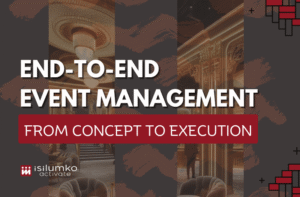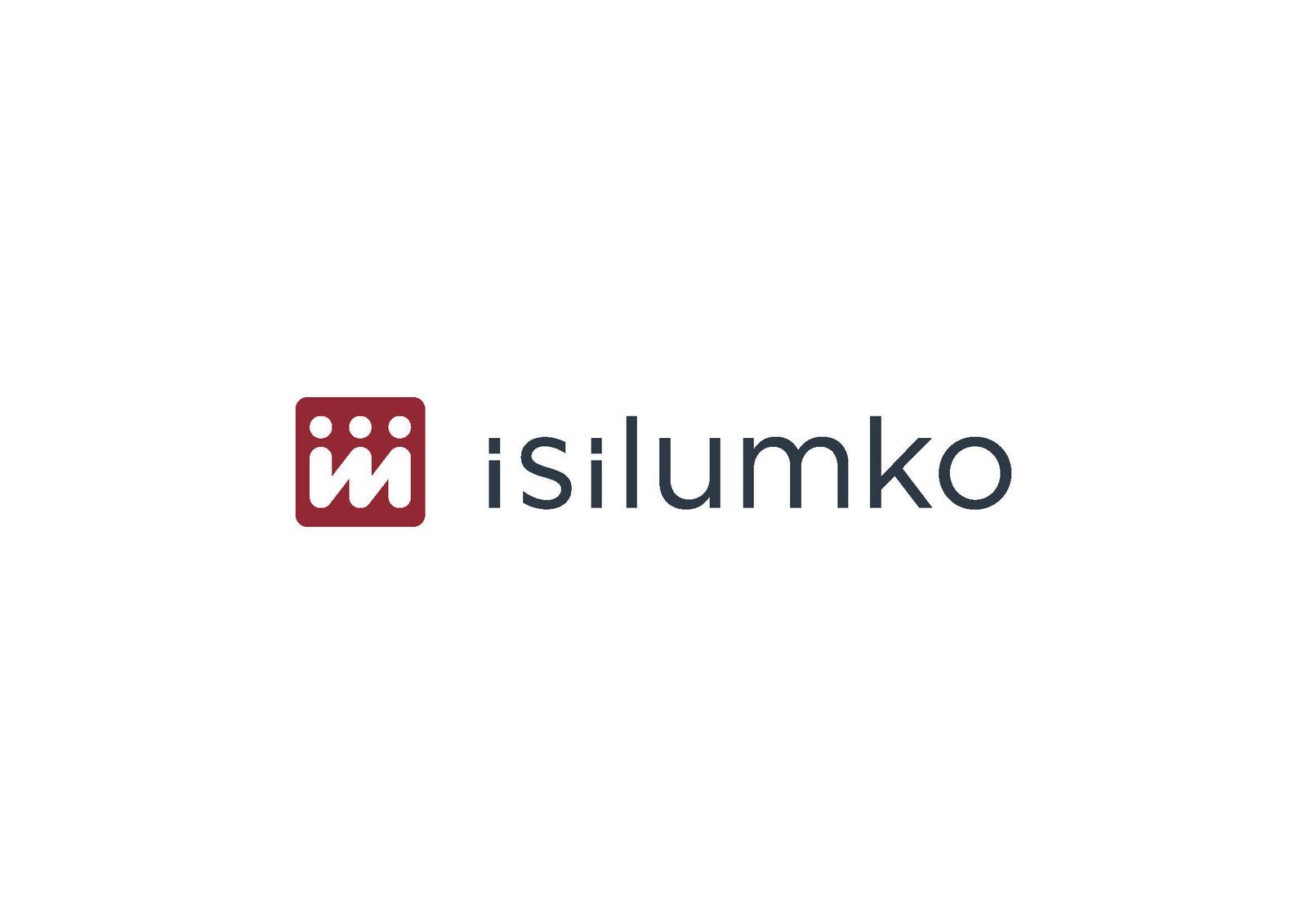In today’s competitive work environment, achieving real promotion in your career requires a strategic approach that focuses on personal growth and professional development. This article explores key strategies for maximizing growth and advancing in your career.
Key Takeaways
- Identify your unique value proposition to stand out in the industry.
- Maintain a consistent online presence to showcase your expertise and skills.
- Build a strong network with industry professionals to create opportunities for career advancement.
- Develop active listening skills to enhance communication in the workplace.
- Seek mentorship opportunities and continuously invest in learning and skill development.
Strategies for Building a Strong Personal Brand
Identifying Your Unique Value Proposition
Understanding and articulating your unique value proposition (UVP) is crucial for standing out in a competitive job market. Your UVP is the distinct blend of skills, experiences, and personal attributes that you bring to the table, which differentiates you from your peers. To identify your UVP, consider the following steps:
- Reflect on your past achievements and what made them successful.
- Analyze the skills that have consistently helped you excel in your roles.
- Think about the feedback you’ve received from colleagues and managers.
- Identify the common thread that ties your successes together.
Crafting your UVP is not just about self-awareness; it’s about packaging your talents in a way that resonates with potential employers or clients.
Once you have a clear understanding of your UVP, it’s important to communicate it effectively. This could be through your resume, LinkedIn profile, personal website, or even in networking conversations. Remember, your UVP is not static; it should evolve as you grow professionally and acquire new skills.
Creating a Consistent Online Presence
In today’s digital age, having a consistent online presence is crucial for career advancement. Your online persona should reflect your professional brand across all platforms. This means maintaining a uniform tone, style, and message whether you’re on LinkedIn, Twitter, or your personal blog. Here’s how to ensure consistency:
- Audit your existing profiles: Check for outdated information and align your profiles with your current career goals.
- Define your professional voice: Decide how you want to present yourself and stick to it across all channels.
- Be active and engaged: Regularly update your content and interact with your network to stay visible and relevant.
Remember, your online presence is often the first impression you make on potential employers or clients. Make it count.
Additionally, consider the impact of SEO on your visibility. Use relevant keywords in your bio and content to improve your searchability. This strategic approach can lead to more opportunities and connections within your industry.
Networking with Industry Professionals
Networking isn’t just about exchanging business cards; it’s about creating lasting connections. In-person networking involves attending conferences, industry events, and seminars, where you can meet professionals face-to-face and establish meaningful relationships. These interactions can lead to mentorship, job opportunities, and collaborations that can significantly impact your career trajectory.
To get the most out of networking events, consider the following tips:
- Research attendees and companies beforehand to identify potential connections.
- Prepare an elevator pitch that succinctly describes who you are and what you offer.
- Follow up with new contacts via email or LinkedIn to solidify the connection.
Remember, the goal of networking is to build a web of contacts that you can tap into throughout your career. It’s not just about what you can get, but also about what you can offer to others in your network.
By actively engaging with industry professionals, you’re not only expanding your professional network but also gaining insights and knowledge from experienced individuals in your field.
Effective Communication in the Workplace
Active Listening Skills
Mastering the art of active listening is crucial for effective communication and can significantly impact your career progression. Active listening involves more than just hearing words; it’s about fully engaging with the speaker, understanding their message, and responding thoughtfully. To hone this skill, consider the following points:
- Maintain eye contact to show attentiveness.
- Nod and provide verbal affirmations to encourage the speaker.
- Avoid interrupting and wait for natural pauses to ask questions.
- Reflect on what has been said to ensure comprehension.
By practicing active listening, you not only gain a clearer understanding of your colleagues’ perspectives but also demonstrate respect and build trust within your team.
Remember, active listening is not just about being silent while someone else speaks. It’s about being present, showing empathy, and engaging in a way that promotes open and honest dialogue. When you listen actively, you’re more likely to catch the nuances of a conversation, which can lead to better decision-making and problem-solving in the workplace.
Constructive Feedback Techniques
Mastering the art of constructive feedback is crucial for fostering a productive work environment. Feedback should be a tool for growth, not a weapon for criticism. To ensure your feedback is received well, start by establishing a foundation of trust. Without trust, even the most well-intentioned advice can fall on deaf ears.
- Establish Trust: Before diving into feedback, make sure you’ve built a rapport with your colleague. Trust is the cornerstone of any effective feedback exchange.
- Balance the Positive and the Negative: Always aim to highlight what your colleague is doing right alongside areas for improvement. This approach encourages a more receptive attitude.
- Be Specific: Vague comments can lead to confusion. Offer clear examples to illustrate your points.
- Face-to-Face Conversations: Whenever possible, provide feedback in person. It allows for immediate clarification and shows you care about the person’s development.
Remember, the goal of feedback is not to showcase your expertise or to belittle, but to collaboratively work towards better outcomes. Effective feedback is a dialogue, not a monologue.
Conflict Resolution Strategies
Mastering conflict resolution is a game-changer in any career. It’s about finding the common ground and resolving disputes with a win-win approach. Effective conflict resolution can lead to better teamwork and higher productivity.
- Understand the root cause: Before jumping to solutions, ensure you fully understand the issue at hand.
- Communicate openly: Encourage an environment where everyone feels comfortable sharing their thoughts.
- Seek compromise: Sometimes, meeting halfway is the best solution for all parties involved.
- Follow up: After resolving the conflict, check back to ensure the solution is still working.
Remember, the goal isn’t to win the argument, but to resolve the issue in a way that respects everyone’s needs and maintains positive working relationships.
Continuous Learning and Skill Development
Seeking Mentorship Opportunities
In the quest for career advancement, mentorship can be a game-changer. Finding the right mentor can provide you with invaluable insights and guidance that are often not available through formal education or training. A mentor can help you navigate the complexities of your industry, offer strategic advice, and open doors to new opportunities.
To start your mentorship journey, consider the following steps:
- Identify potential mentors who align with your career goals.
- Reach out professionally, expressing your admiration for their work and your desire to learn.
- Establish clear expectations for the mentorship, including frequency of meetings and goals.
Remember, a successful mentorship is a two-way street. Be prepared to also offer value to your mentor through your own unique skills and perspectives.
Mentorship programs can vary widely, so it’s important to research and find one that fits your needs. Whether it’s through industry-specific organizations or broader networking groups, the right mentorship can elevate your career to new heights.
Attending Industry Conferences
Stepping out of your daily routine to attend industry conferences can be a game-changer for your career growth. Conferences offer a unique platform for learning, directly from thought leaders and innovators in your field. They provide a space to dive deep into the latest trends and technologies that are shaping the future of your industry.
Beyond the knowledge gain, conferences are a hotbed for networking. Here’s a quick list of networking benefits you can expect:
- Forge new professional relationships
- Exchange ideas with like-minded individuals
- Discover potential career opportunities
- Gain insights into competitor strategies
Remember, the key to making the most of these events is to be proactive. Engage with speakers, participate in discussions, and don’t shy away from introducing yourself to new people.
Lastly, attending conferences can often lead to direct career development opportunities. You’ll come back not only with a stack of business cards but also with fresh perspectives that can influence your strategic thinking and execution back at the office.
Online Courses and Certifications
In today’s competitive job market, staying relevant means continuously updating your skill set. Online courses and certifications offer a flexible and efficient way to do just that. Whether you’re looking to dive into a new field or enhance your expertise in your current role, the digital landscape is rich with opportunities for professional development.
By strategically selecting courses that align with your career goals, you can ensure that each certificate you earn not only broadens your knowledge but also showcases your commitment to growth.
Here’s a quick guide to help you navigate the world of online learning:
- Identify the skills most in demand in your industry.
- Research platforms offering certifications that are recognized by employers.
- Set a realistic timeline for completion to keep yourself on track.
- Connect with peers and mentors online to enrich your learning experience.
Remember, the key to leveraging online courses and certifications is to make them a part of your lifelong learning journey, not just a one-time achievement. With the right approach, these digital credentials can be a powerful tool in propelling your career forward.
Conclusion
In conclusion, maximizing growth in your career requires a strategic approach that focuses on continuous learning, networking, and seizing opportunities. By staying proactive, adaptable, and persistent, you can navigate the challenges and uncertainties of the professional world to achieve real promotion. Remember, success is a journey, not a destination, so keep pushing yourself to reach new heights and embrace the possibilities that come your way.
Frequently Asked Questions
How can I identify my unique value proposition?
To identify your unique value proposition, consider what sets you apart from others in your field. Reflect on your strengths, skills, and experiences that make you valuable to employers or clients.
Why is creating a consistent online presence important for personal branding?
Creating a consistent online presence helps establish your credibility, showcase your expertise, and make it easier for others to find and connect with you professionally.
What are the benefits of networking with industry professionals?
Networking with industry professionals can lead to new opportunities, valuable connections, mentorship, and insights into trends and best practices in your field.
How can I improve my active listening skills in the workplace?
To improve your active listening skills, practice focusing on the speaker, maintaining eye contact, asking clarifying questions, and summarizing key points to demonstrate understanding.
What are some effective constructive feedback techniques to use at work?
Effective constructive feedback techniques include providing specific examples, focusing on behaviors rather than personalities, offering actionable suggestions for improvement, and encouraging open dialogue.
How can I resolve conflicts effectively in the workplace?
To resolve conflicts effectively, approach the situation with empathy and understanding, actively listen to all parties involved, seek common ground, and work towards a mutually beneficial solution.





